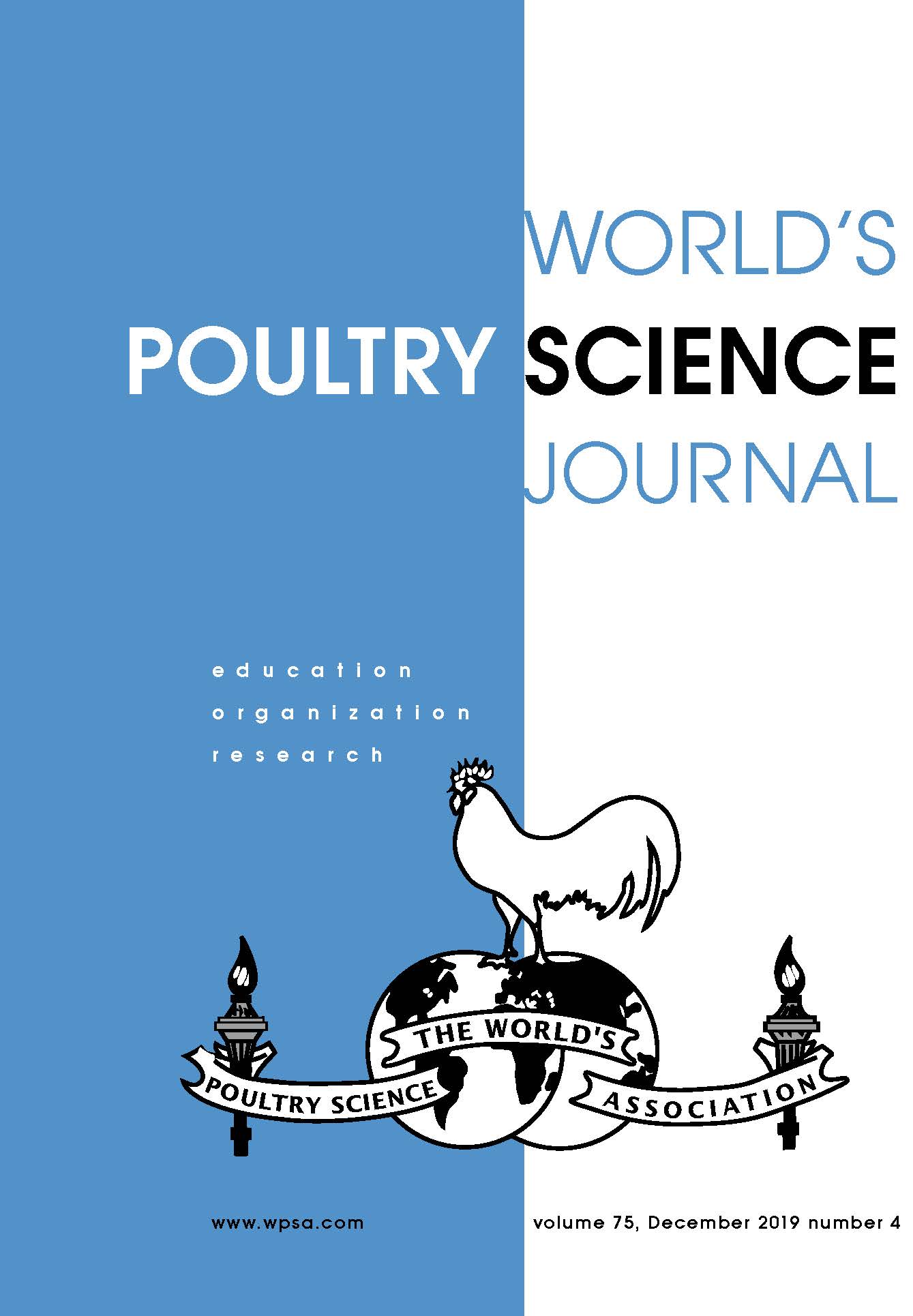Article contents
Insights into the role of turkeys as potential intermediate host for influenza viruses
Published online by Cambridge University Press: 31 August 2016
Abstract
Avian influenza viruses have become endemic in land-based domestic poultry and have crossed species barriers. Turkeys are an important host in influenza virus ecology because they are susceptible to infection with these viruses and are often involved in inter species transmission. Several previous studies reveal that waterfowl-origin influenza viruses can be more easily transmitted to domestic turkeys than to chickens. Studies indicate turkeys to be better hosts for low pathogenic avian influenza viruses isolated from commercial poultry operations and live bird markets in comparison to chickens. Moreover, turkeys require low, 50% infectious-dose titres from wild bird as well as poultry adapted viruses, suggesting their high susceptibility for infection following a low dose exposure. Additionally, interspecies transmission of swine influenza viruses to turkeys occurs frequently, thus turkeys may be considered as a bridge species between poultry and wildlife. These findings suggest that turkeys can be easily infected with influenza viruses of different origins and highlight the potential role of turkeys in the transmission and maintenance of influenza viruses between premises.
Information
- Type
- Reviews
- Information
- Copyright
- Copyright © World's Poultry Science Association 2016
References
A correction has been issued for this article:
- 4
- Cited by
Linked content
Please note a has been issued for this article.

